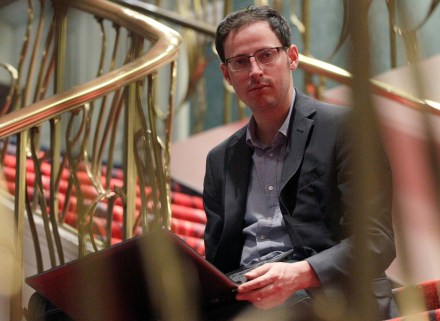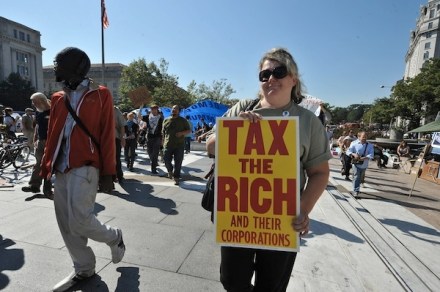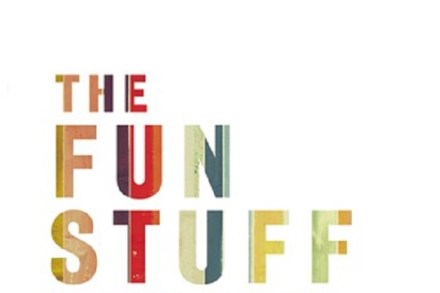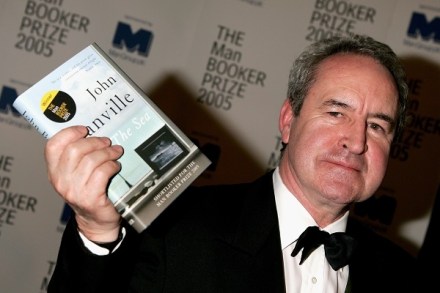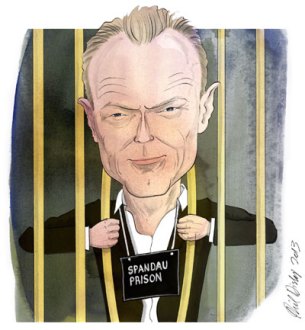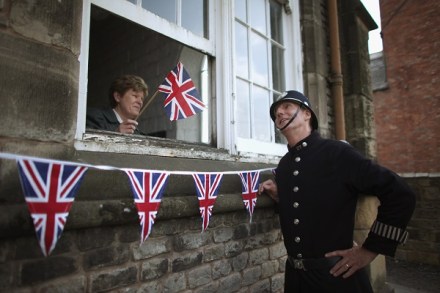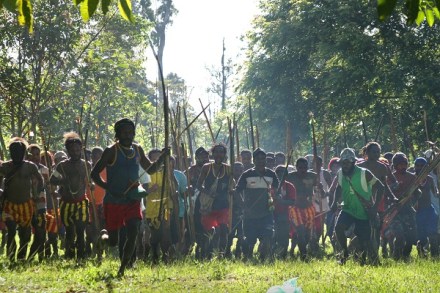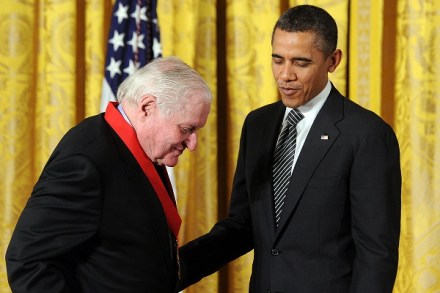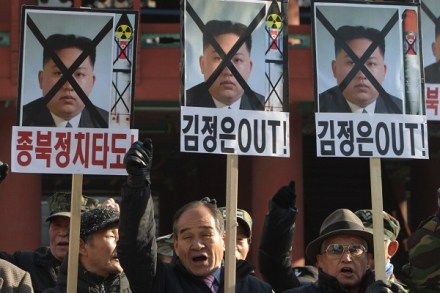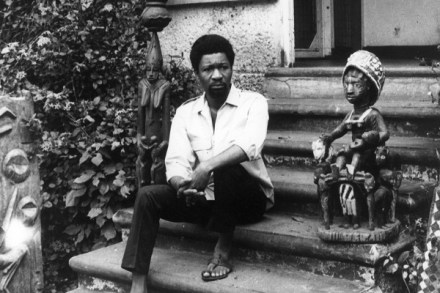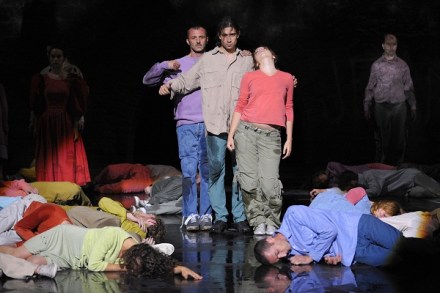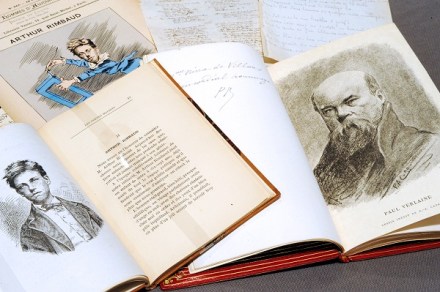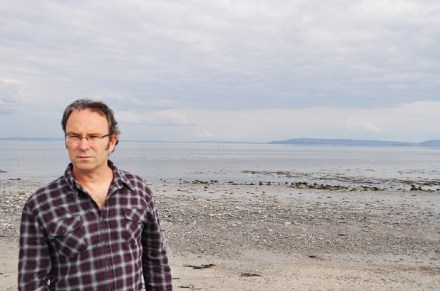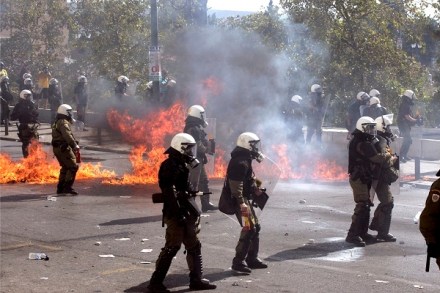Nate Silver interview: ‘Politics is uniquely full of bullshit’
Nate Silver doesn’t suffer fools gladly — especially fools who pass themselves off as experts. In the second chapter of his book, The Signal and the Noise: The Art and Science of Prediction, he describes just how bad most political pundits are. And in person, he goes even further. ‘I think some of them are very skilled at the art of bullshit; I think some of them are just deluded; some of them aren’t very smart; some of them are immoral; some of them are well-intentioned but wrong; some of them are behaving as party hacks. And there’s not a lot of incentive for them to change that.’ Most columnists
